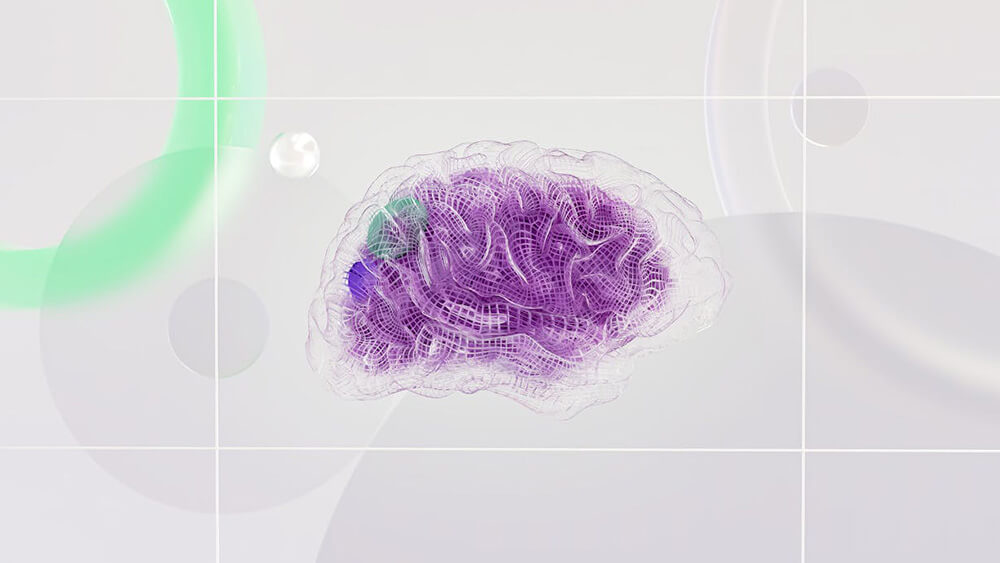The concept of the “vital half-second” highlights a fleeting yet profound moment within the brain’s dual processing system, where we automatically interpret stimuli through a lens shaped by past experiences and a negative bias. This nuanced understanding is critical within therapeutic contexts, offering a unique window for intervention and positive change. Whether it is counselling in the dynamic environment of Vancouver or through the digital landscape of online counselling across BC, this concept provides a foundational framework for addressing and reshaping maladaptive thought patterns and behaviours.
Exploring the Brain's Dual Processing Mechanism
The brain’s dual processing mechanism consists of two systems: an automatic, fast, and often subconscious system, and a slower, more reflective, and conscious system. The “vital half-second” represents the critical juncture where these systems intersect, providing a unique opportunity for therapeutic intervention. This understanding is particularly relevant for therapists and clients alike, emphasizing the importance of recognizing and capitalizing on these moments to foster more adaptive ways of thinking and responding to the world.
Strategies for Therapeutic Intervention
Effective therapeutic intervention within this brief window requires a multifaceted approach. Techniques such as mindfulness meditation, cognitive-behavioural strategies, and emotional regulation exercises become pivotal. These methods help individuals pause, recognize their automatic thoughts, and consider alternative, more positive interpretations. For clients seeking therapy in Vancouver or via online platforms in BC, such strategies can be transformative, offering a path toward breaking free from the grip of negative biases and past experiences.
The Impact of Negative Bias in Therapy
The brain’s inherent negative bias — its tendency to give more weight to negative experiences than positive ones — can significantly impact therapeutic outcomes. This bias influences how individuals perceive and interact with their surroundings, often colouring their worldview in a pessimistically skewed manner. Addressing this bias within the therapeutic setting, especially during the “vital half-second,” can lead to more balanced and positive perspectives. Therapists can play a crucial role by guiding clients to notice and appreciate positive moments and achievements, gradually shifting the focus from a predominantly negative to a more balanced outlook.
Cultural Sensitivity in Addressing the Vital Half-Second
In a culturally diverse setting like counselling in Vancouver or online counselling throughout BC and Canada, understanding and integrating cultural nuances becomes essential in effectively utilizing the “vital half-second.” Cultural background influences how individuals interpret their experiences and the formation of negative biases. Therapists must exhibit cultural sensitivity and competence, ensuring that interventions are not only effective but also respectful and relevant to the client’s cultural context. This approach enriches the therapeutic process, making it more inclusive and effective for clients from various backgrounds.
Empowering Clients: Education and Skill Development
Empowering clients involves educating them about the brain’s dual processing and the nature of negative bias. Knowledge about these underlying mechanisms can be empowering, enabling clients to actively participate in their therapeutic journey. By practicing interventions that leverage the “vital half-second,” clients can develop skills to challenge and change their automatic negative thoughts, fostering a sense of agency and control over their mental health.
The Therapist's Role: Facilitator of Change
Therapists play a crucial role as facilitators of change, guiding clients through the process of recognizing and utilizing the “vital half-second.” This requires therapists to be highly attuned to their clients’ cues and skilled in applying interventions effectively. Ongoing professional development, supervision, and self-reflection are essential for therapists to refine their ability to navigate these brief yet critical moments in therapy.
The Transformative Power of the Vital Half-Second
The “vital half-second” in therapy offers a powerful lens through which therapists and clients can understand and intervene in the complex interplay of thoughts, emotions, and behaviours shaped by past experiences and negative biases. By harnessing this brief moment, therapy can become a transformative process, leading to significant breakthroughs and positive change. Whether seeing an in-person therapist in Vancouver or through online counselling in BC, the principles underlying the “vital half-second” are universally applicable, providing a valuable framework for therapeutic practice and client growth. This understanding not only enriches the therapeutic experience but also contributes to the broader field of mental health, emphasizing the importance of nuanced, culturally sensitive, and client-centred approaches to healing and well-being.





